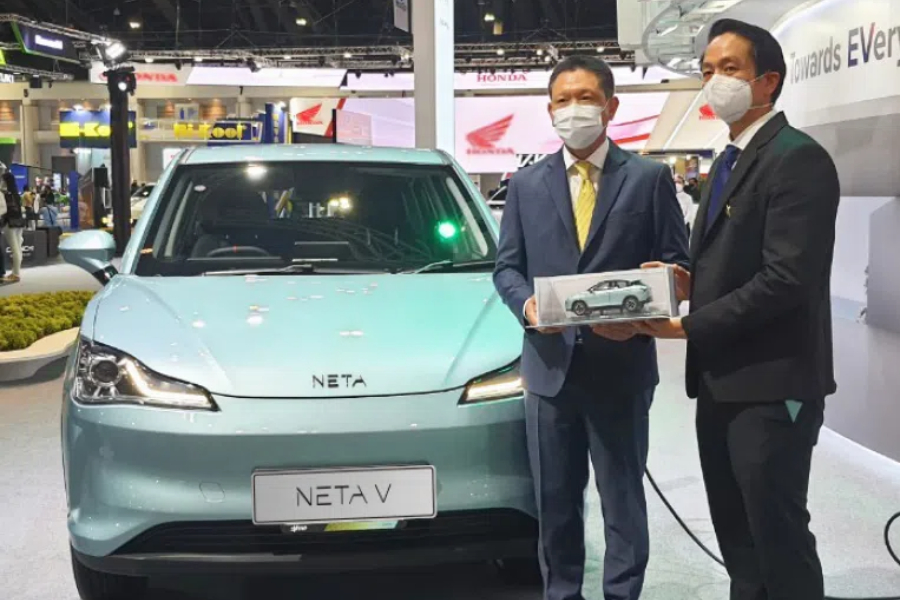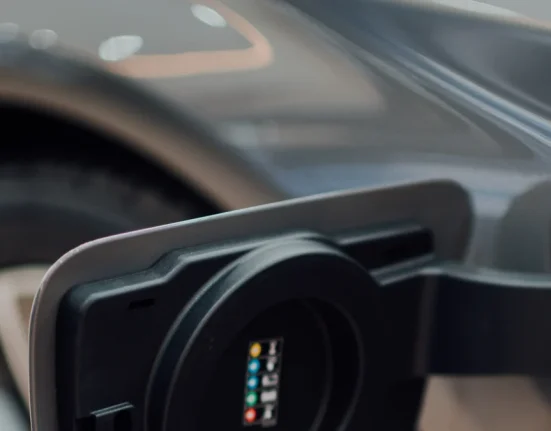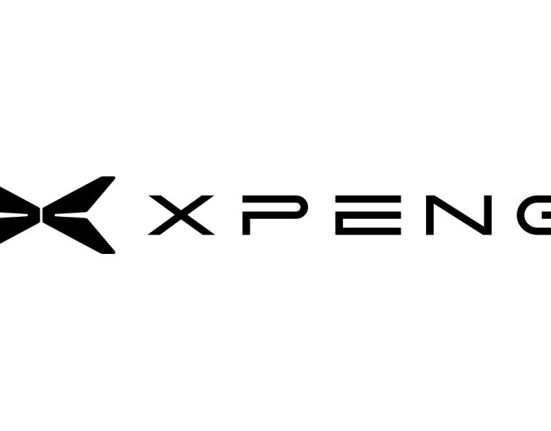The EV maker has filed to list in Hong Kong, targeting customers at home and abroad with its affordably priced vehicles
Key Takeaways:
- Hong Kong IPO candidate Hozon is rapidly burning through its cash, which fell to 2.8 billion yuan at the end of last year from 6.8 billion yuan in 2022
- The EV maker’s overseas revenue grew rapidly in 2023, but the drive could further strain the company’s already-precarious financial position
By Hugh Chen
Overseas expansion has become a crucial strategy for Chinese electric vehicle (EV) makers these days as a domestic market that once fueled their rapid growth becomes increasingly saturated. Hozon New Energy Automobile Co. Ltd. is among the most active moving in that direction, calling the shift of gears a cornerstone for its next phase of development, according to its IPO application filed with the Hong Kong Stock Exchange last week.
Its decision to list is significant for Hozon, as it seeks to raise money to support its ambitious global expansion plans. The company hopes its global drive could help to distinguish it from a crowded field of other money-losing listed Chinese EV makers like Xpeng (XPEV.US; 9868.HK), Li Auto (LI.US; 2015.HK), Leapmotor (9863.HK) and Zeekr (ZKR.US), just to name a few.
Hozon may not have much choice with the timing of its IPO, whose funds could help to shore up its precarious financial position. It could also use such money to pay for the foreign factories that are a key part of its high-stakes overseas expansion strategy.
Characterizing Hozon’s finances as “precarious” is no exaggeration. According to its listing document, the company’s cash and cash equivalents stood at 2.8 billion yuan ($386 million) at the end of last year, down by more than half from the 6.8 billion yuan a year earlier. That huge decrease is helping to fund Hozon’s big losses, which have grown from 4.8 billion yuan in 2021 to 6.9 billion yuan last year.
We’ll take a deeper dive into the company’s global expansion strategy shortly, but first we’ll begin with Hozon’s position in China’s huge but fiercely competitive domestic EV market.
Founded in 2014, Hozon was among the first wave of new energy vehicle (NEV) makers to emerge after Beijing identified the sector as a strategic industry and began offering generous subsidies to spur its development. The company’s growth took off after the 2018 launch of its Neta brand, named after an ancient Chinese mythological figure known for admirable qualities such as youthful bravery and integrity.
Neta quickly gained market share, culminating in 2022 when it sold over 150,000 vehicles, making it the best-selling brand among China’s emerging EV startups. It achieved that success largely by targeting the affordable EV segment shunned by many of its more upscale peers. Most of its Neta EVs sold between 2018 and 2022 were priced under 100,000 yuan, or less than $14,000, after government subsidies.
Neta began diversifying its offerings over the last few years with the addition of more expensive models. One notable example, the Neta GT, was launched in April 2023 with prices starting at 178,800 yuan.
Unfortunately for Hozon, the strategy shift coincided with the start of an intense price war in China’s EV industry. That war was begun by U.S. giant Tesla (TSLA.US) in early 2023, and has escalated since then to draw in other major players like BYD (1211.HK) and startups like Xpeng and Li Auto. The war put Neta’s latest models on a collision course with the bumper crop of other models in the 100,000 yuan to 200,000 yuan price range now flooding the market.
Stalling growth
Hozon has struggled to maintain its growth momentum since then, with Neta’s unit sales declining by about 16% year-on-year in 2023. For the year, Neta sold just 105,278 units in China, capturing a tiny 1.2% slice of the domestic NEV market, data from the listing document shows.
Facing difficulties at home, the company has started focusing more on overseas expansion. It made its first foreign foray in 2021 through a strategic cooperation agreement with PTT Public, Thailand’s state-owned oil and gas company.
A central component of Hozon’s global expansion is local manufacturing in key markets rather than solely exporting its China-made cars – an approach often welcome by foreign governments that like such investments. It currently has three overseas factories, including two in Thailand and Indonesia now in production, and the third in Malaysia that commenced construction early this year.
Like many Chinese carmakers using a similar localized approach, the company aims to lower costs by reducing transportation expenses and mitigating import tariffs. Such a strategy would also allow Hozon to avoid recent anti-dumping tariffs imposed by the U.S. and Europe on vehicles shipped from China.
Hozon’s aggressive global push is showing early signs of success. The company’s overseas revenue exploded from 241 million yuan in 2022 to 1.62 billion yuan in 2023, growing from just 1.8% of its total revenue mix to 12% over that time.
But further overseas expansion will undoubtedly further strain its finances, since such expansion will require significant new investment. To put the financial burden into context, a Thailand-based factory invested by Changan Automobile cost 2 billion yuan, while another factory set up by GAC Aion, a subsidiary of Guangzhou Automobile Group, cost 1.3 billion yuan, according to data cited in a report from local tech outlet Huxiu.
While overseas markets could put Hozon’s business back on a stronger growth track, the domestic market will remain crucial due to its status as the company’s main revenue source, at least for now. To attract and retain investors, Hozon must demonstrate its ability to reverse the current trend of double-digit sales declines at home while maintaining cost competitiveness and profitability during the ongoing price war.
The overheated market is taking a toll on Hozon’s sales for this year. According to a report from local tech outlet 36Kr, the company sold 43,564 vehicles under its Neta brand in the first five months of 2024, equal to just 14.5% of its ambitious annual sales target of 300,000 units for the full year.
The picture was a little better for exports, with Hozon shipping 16,458 Neta-branded vehicles abroad in the first five months of this year, maintaining its momentum from 2023. That volume made Hozon the export leader among the field of emerging Chinese EV startups. Despite that, however, the company has only reached 16.5% of its annual export target, indicating that even its overseas drive may be starting to lose momentum.
To subscribe to Bamboo Works weekly free newsletter, click here







